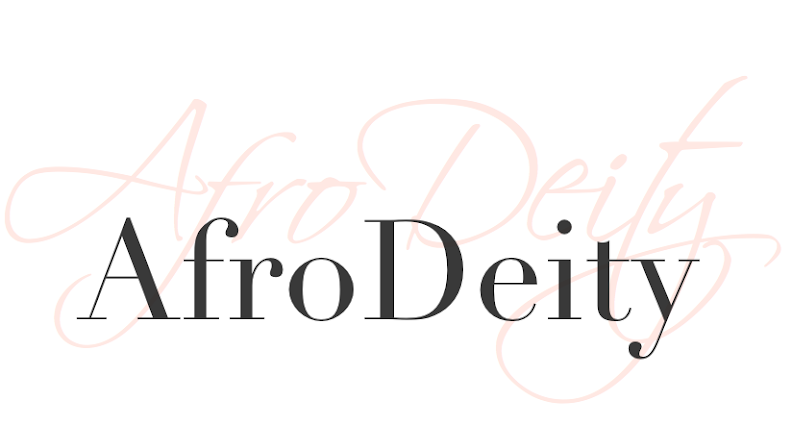Have you ever looked at the ingredients on the back of your favourite cosmetic product and it seems to be a long list of unpronounceable ingredients that sound like they would all be right at home in a science lab somewhere? Have you ever seen acronyms that apparently mean something to the scientists, but are just a bunch of letters to you? BTMS is one of these mysterious ingredients that is commonly found in cosmetics.
As times change and we become more conscious of our choices as consumers, we are starting to look for more natural ingredients in the products that we purchase and I wanted to do a little investigating to find out exactly what BTMS is, if it is natural and why it is so commonly used as an ingredient in cosmetics.
What is BTMS
BTMS is the acronym for behentrimonium methosulfate and if you try to say that out loud you will understand why it is most commonly referred to as simply BTMS. It is a conditioning emulsifier that is sourced from the oil of the natural Colza plant (sometimes called Rapeseed oil) so in case you were wondering ‘is BTMS natural?” the answer is yes, it is. If you missed some chemistry classes (or just fell asleep) and have no clue what an emulsifier is - it is basically an agent that allows oil and water to mix together since they will not mix well on their own.
How BTMS is used
Cosmetic products such as lotions and creams typically have 3 main ingredients, the first two being water and oil and - you guessed it - the third ingredient has to be an emulsifying agent like BTMS as it is needed to help the other two ingredients combine and stay combined in a stable state. BTMS-25 and BTMS-50 are the two variations most commonly used as an ingredient in cosmetics. BTMS-25 means that there is only 25% behentrimonium methosulfate present and BTMS-50 means that the product has 50% behentrimonium methosulfate, which is obviously a more active conditioning ingredient.
Why is BTMS so common in cosmetics?
As BTMS also has excellent conditioning properties it provides added benefits when used in hair and skin products. In skin products like moisturising creams and lotions BTMS will normally have the effect of making the skin feel very soft and when used in hair products like conditioners and hair relaxers it is known to give hair more body and bounce. It also great for detangling as it makes wet combing very easy even with very thick ethnic hair and this is one reason why it is common to find BTMS in cosmetics that are made specially for women with natural Afro hair. BTMS is very mild and is commonly used as an ingredient in leave-in conditioners and leave-in treatments because it is so gentle.
To sum all that up, BTMS is commonly used in cosmetics because it is an effective emulsifying agent, an excellent conditioner, and it is all natural. These properties make BTMS suitable as an ingredient in not only hair and skin cosmetics but also in deodorants, antiperspirants and cosmetic products that use silicone emulsions as well. It is considered to be particularly effective when used on Afro hair because it does such a good job of lubricating and conditioning hair and this is why is used in so many ethnic hair care products. The next time you are shopping for a new skin lotion and you happen to see BTMS listed as one of the ingredients, you can smile a little secret smile to yourself as you are now a part of the small group of people who actually know what BTMS means and why it is commonly used in cosmetics.
Embrace Your Inner AfroDeity
Zunammie K.


No comments
Post a Comment